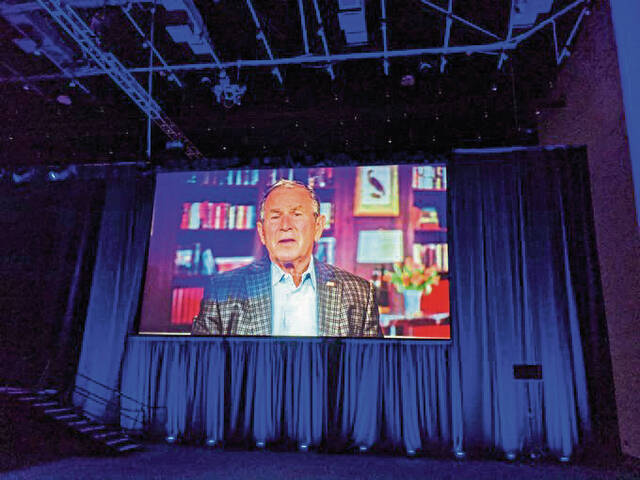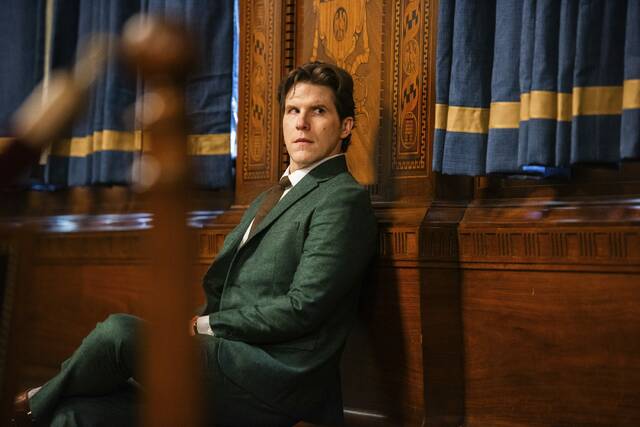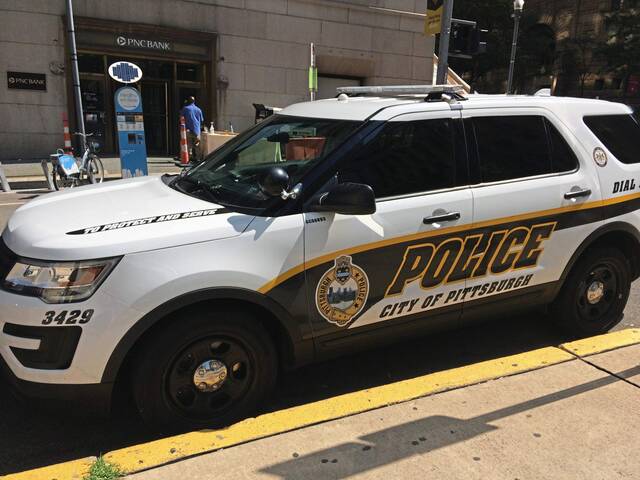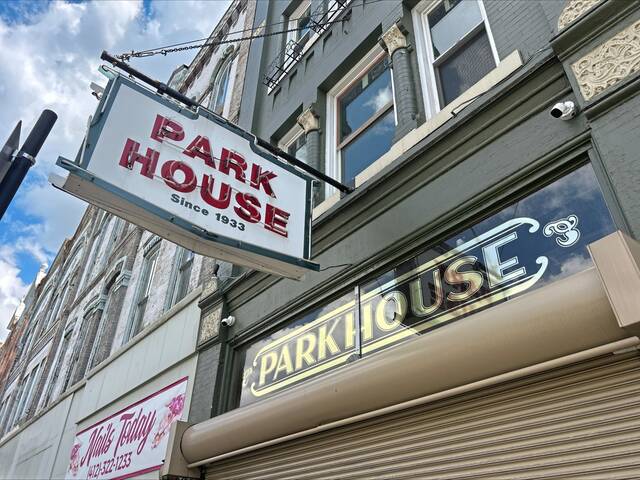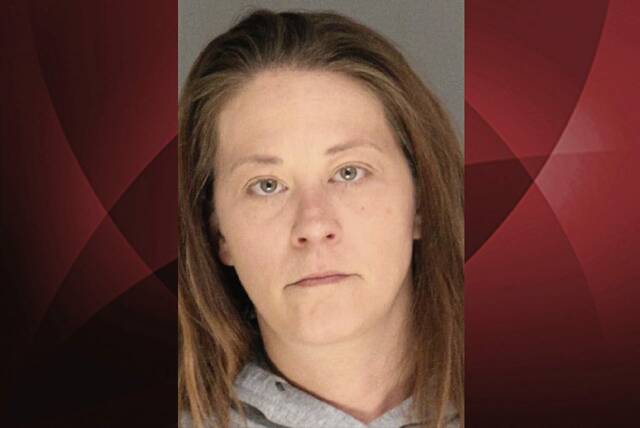Nearly four years after a heavily armed gunman massacred worshipers at the Tree of Life Synagogue, Laura Ellsworth told University of Pittsburgh Chancellor Emeritus Mark Nordenberg, “Somebody has got to do something.”
Ellsworth, partner-in-charge of global community service initiatives for the Jones Day law firm, wanted to make sure Pittsburgh became better known for the way it responded to this horrific event than as the site of America’s worst antisemitic attack.
“All of us were looking for ways to do something constructive in the aftermath of this attack. Her idea was to create the biggest and best anti-hate summit in the world,” Nordenberg said.
By October 2021, Ellsworth’s vision became a reality when the inaugural Eradicate Hate Summit was held at the David L. Lawrence Convention Center in Pittsburgh. It is now an annual event with a second summit scheduled for Sept. 19-21 at the convention center. Ellsworth and Nordenberg are co-chairs of the summit.
“I think we’re a good team because we’re both really committed to actually getting something done and not just talking about it,” Ellsworth said. “The summit itself is where the top people in the world come together in person to identify some specific deliverables and then we move forward.”
Since last year, the summit has grown from 100 speakers to 300 with people approaching Ellsworth to be a part of it. This year’s speakers include Ambassador Deborah E. Lipstadt, who was confirmed by the U.S. Senate last March as the Special Envoy to Monitor and Combat Antisemitism. She is scheduled for a virtual keynote address at 5 p.m. Monday.
Other speakers include United Nations Special Adviser for the Prevention of Genocide, Alice Nderitu.
“Pittsburgh has already demonstrated global leadership in tackling hate by holding the Eradicate Hate Summit,” said Nderitu. “Effectiveness will be measured in how many other people, agencies and even countries take up the ideas discussed for implementation. The United Nations is leading by example — this is our second year of participation, and we intend to keep working with the organizers to create global policy and actions on preventing the hate that led to the crimes in Pittsburgh.”
Also scheduled to speak are Julia Platt, board chair of the Jewish Federations of North America; Paul Ash, New Zealand prime minister’s special representative on cyber and digital and Christchurch Call and Cymer coordinator; and Henry Reese, co-founder of City of Asylum Pittsburgh.
Reese was the moderator of the Aug. 12 event near Buffalo, N.Y., where Salman Rushdie was stabbed and sustained critical injuries. Reese was invited to speak after also suffering injuries in the attack.
“It was a natural addition to the program because it really is, in some ways, a Pittsburgh story,” said Nordenberg, also chair of Pitt’s Institute of Politics. “(Reese) said the thought that he was now somehow relevant to this topic, in a way that he never had anticipated, was sad. But he was more determined than ever to keep up his own efforts consistent with this cause.
“The closer to home these things are, the more they have an impact on you.”
There is a wide range of topics to be considered, including combating violent extremism in the police and military, best practices for violence prevention, emerging legal strategies, education and public awareness, and the rise of hate and violent extremism among adolescents and young adults, many of whom are 19- to 24-year-old men.
“We saw the covid pandemic exacerbate it,” said Ellsworth. “Many of the things associated with people who go into violent extremism are feelings of alienation, purposelessness, despair, hopelessness, separation from normal social groups. One commonality of many of the people who have been studied here is those social factors. A lot of the speakers are going to be looking at that very issue.”
But the nagging question many might be asking is can a summit, even one with so many of the best and brightest people participating, really eradicate hate?
“I think you really can’t diminish hate,” said Nordenberg. “(However), there ought to be ways to diminish the violence that is fueled by hate. But I think neither of us is so unrealistic that we think it can be eliminated. We’re committed to a search for something that might take care of all of our problems but recognize that level of accomplishment is unlikely at least in our professional lifetimes.”
It may be why the organizers plan on holding the Eradicate Hate Summit on a yearly basis.
“That’s the structure of the summit,” Ellsworth said. “It’s intended to go on, unfortunately, into perpetuity.”


